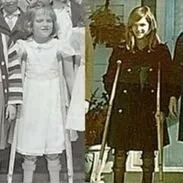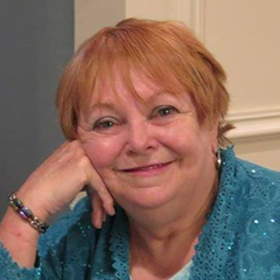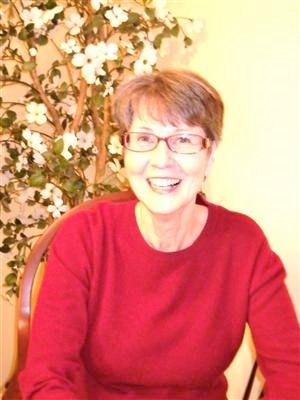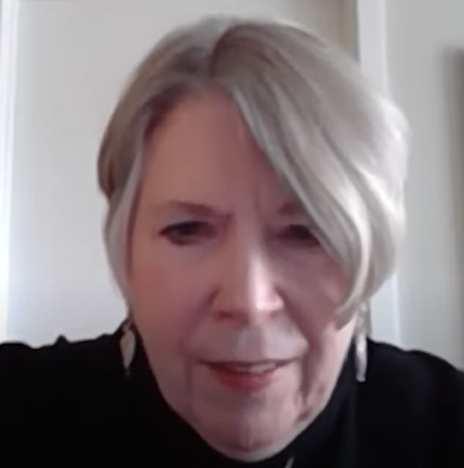David Salamone: He Did Something Good… and his Life Made a Difference
“No doctor we saw had ever seen a case of polio.” “Our anger turned into action.” John Salamone
My Polio Experience
It was the summer of 1952 and our country was in the middle of its worst polio epidemic since 1916. Nearly 58,000 cases of polio were reported and more than 3,000 died. I was lucky.
“In Search of Normal”
One August day I was outside in front of our home playing hopscotch with some of the other girls in the neighborhood, when I realized I did not feel well. A few days later, my right arm was paralyzed.
My Beautiful, Unassuming, Unsung Hero
I’m remembering my mother; a beautiful, delicate unassuming person who brought me through my initial bout with Polio and the resulting rehabilitation and surgeries. Mothers of Polio survivors are unsung heroes.
Toe to Toe with Trout - Fly Fishing with Martha Loudder (Video)
Marty has overcome the difficulties of her physical limitations due to childhood Polio so that she can enjoy time on the water with her family.
Joe Randig: In Our Own Words (Video)
“Late in the summer of 1952, a microscopic virus entered my body and changed my life forever . . .”
Deb S: In Our Own Words (Video)
I contracted polio when I was 5. We lived in West Virginia, where there was only a small clinic. . .
Have You Ever Wondered?
Have you ever wondered? And really closed your eyes, If only for a moment, And thought of special times.
Martha (Marty) Loudder: Resilient from her Head to her Toes
I contracted polio in Amarillo, Texas in October 1952, when I was 3 1/2 years old. No one in my family knows where I might have contracted the virus.
Decades after polio, Martha is among the last to still rely on an iron lung to breath
On June 8, 1953, Martha Lillard celebrated her fifth birthday with a party at an amusement park in Oklahoma. A little over a week later, she woke up with a sore throat and a pain in her neck.
Opinion: A polio survivor reflects on the last great epidemic
On a hot January afternoon in 1946, the country doctor hurried from attending a polio case at a home in Cooma to the local hospital to deliver me.



















